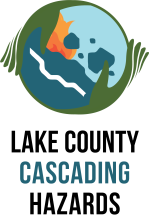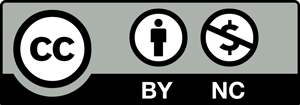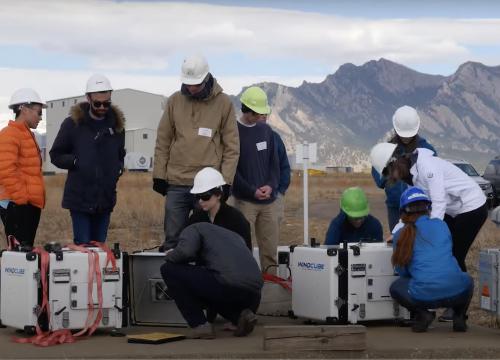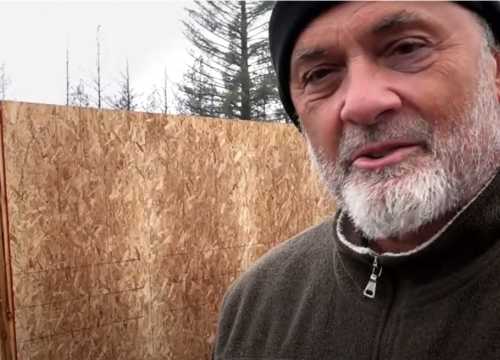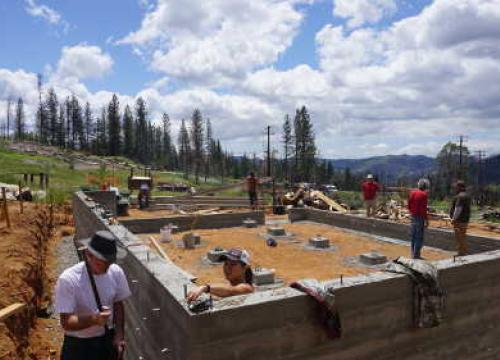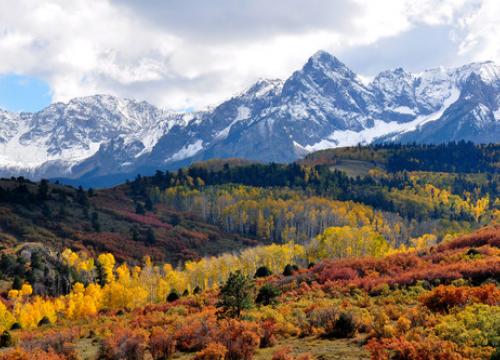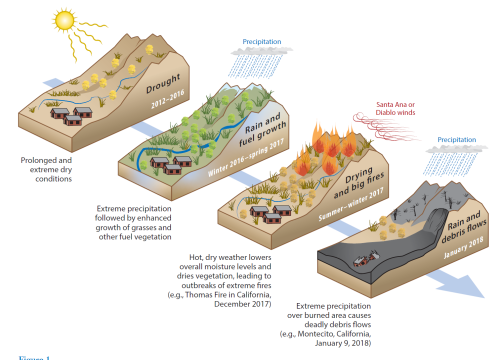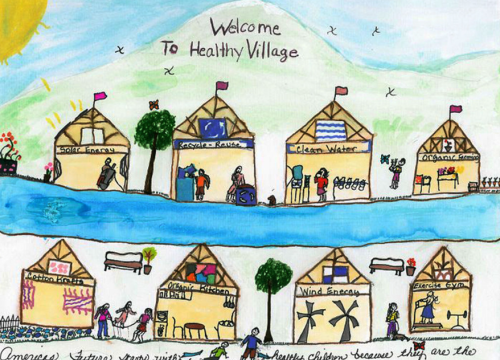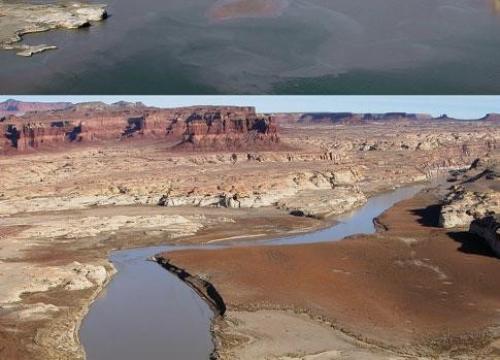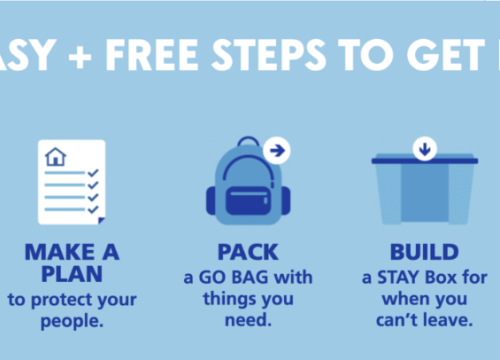Social Vulnerability to Natural Hazards
Students learn about social determinants, such as age, ethnicity, disability, and language, that might make some people more vulnerable to hazards than others. The lesson utilizes stories about how different populations have been affected by hazards and encourages students to look for the strengths and abilities people have to be resilient to hazards.
Context for Use
This is the third of four lessons in the Lake County Cascading Hazards unit. This lesson can also be used in the HEART Force Curriculum.
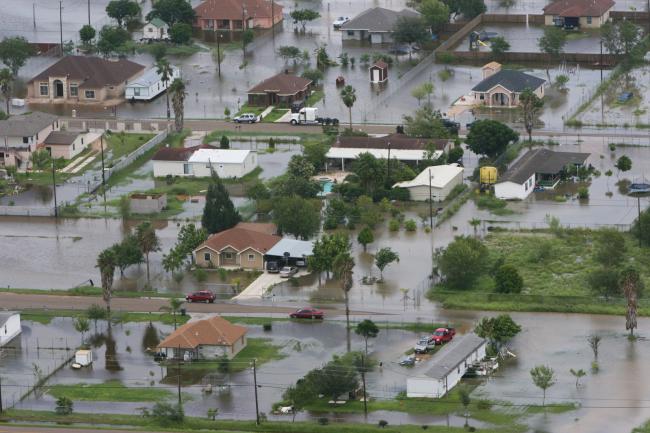
Flood waters from Hurricane Dolly, in Raymondville, Texas in 2008.
Goals Header
What Students Will Do
Obtain, evaluate and communicate information about the different factors that cause inequality of communities to respond to and recover from natural hazards.
Teaching Materials
Description
In this lesson, students will:
Part 1 – (10 minutes) Take a Stand Warm-Up
Respond to statements about social vulnerability by standing in different positions in the room.
Part 2 – (10 minutes) Roger and Lucille’s Story
Students read a story about a couple in Lyons, Colorado, and what they experienced during and after a historic flood in 2013.
Part 3 – (30 minutes) Social Vulnerability Jigsaw
Students will research why certain populations may be more vulnerable than others in small groups, then jigsaw and share their findings with their classmates.
